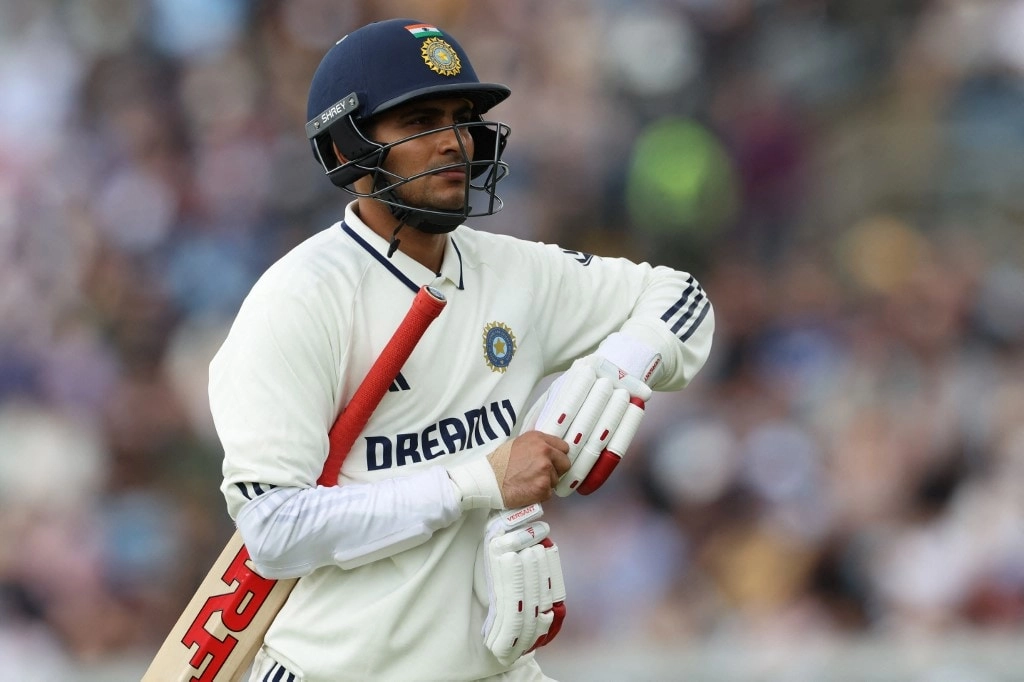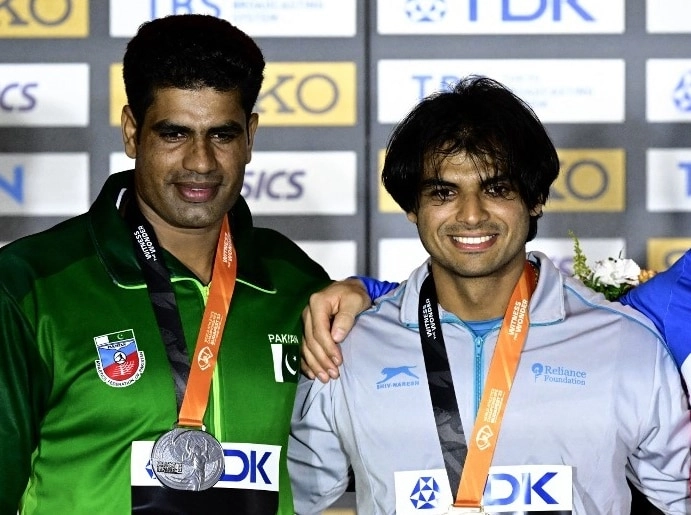Shubman Gill, the young and talented cricketer, has recently been placed under pressure by the Board of Control for Cricket in India (BCCI) regarding his performance as a captain. The BCCI has reportedly set a fixed deadline for Gill to demonstrate his capabilities in this leadership role. This decision highlights the growing expectations surrounding the young player, especially given the significant responsibilities that come with captaincy in Indian cricket. As one of the promising talents in the squad, Gill has shown potential with the bat, but the governing body is now keen to see if he can translate that talent into effective leadership on the field.
The BCCI’s move to impose a deadline signifies its commitment to fostering strong leadership within the team, especially as India prepares for critical series and tournaments. In recent years, the role of captaincy has become increasingly pivotal, with the need for strategic thinking and effective communication becoming more pronounced. Gill, who has been making waves with his exceptional batting skills, is now being evaluated not just as a player but also as a potential leader who can guide the team through challenging situations. The pressure to perform may be daunting, but it also presents an opportunity for Gill to solidify his position and earn the respect of his peers and fans alike.
This deadline also reflects the BCCI’s strategic planning as they look to build a robust team for the future. With an eye on the upcoming international fixtures, the board is likely focusing on grooming a new generation of leaders who can carry forward the legacy of Indian cricket. Gill’s ability to adapt to this new challenge will be closely monitored, as it could have long-term implications for his career and the team’s dynamics. As he faces this pivotal moment, the cricketing world will be watching closely, eager to see how he responds to the challenge and whether he can rise to the occasion.
For Gill, this is not just an evaluation of his captaincy skills, but also an essential phase in his development as a cricketer. It is not uncommon for young players to find themselves in such high-pressure situations, but how one handles these moments can define their career trajectory. With the support of experienced teammates and coaching staff, Gill has the chance to showcase his leadership qualities and tactical acumen. As he navigates this crucial juncture, fans and analysts alike will be keen to see if he can meet the expectations set before him by the BCCI and, in doing so, lay the foundation for a bright future in Indian cricket.



